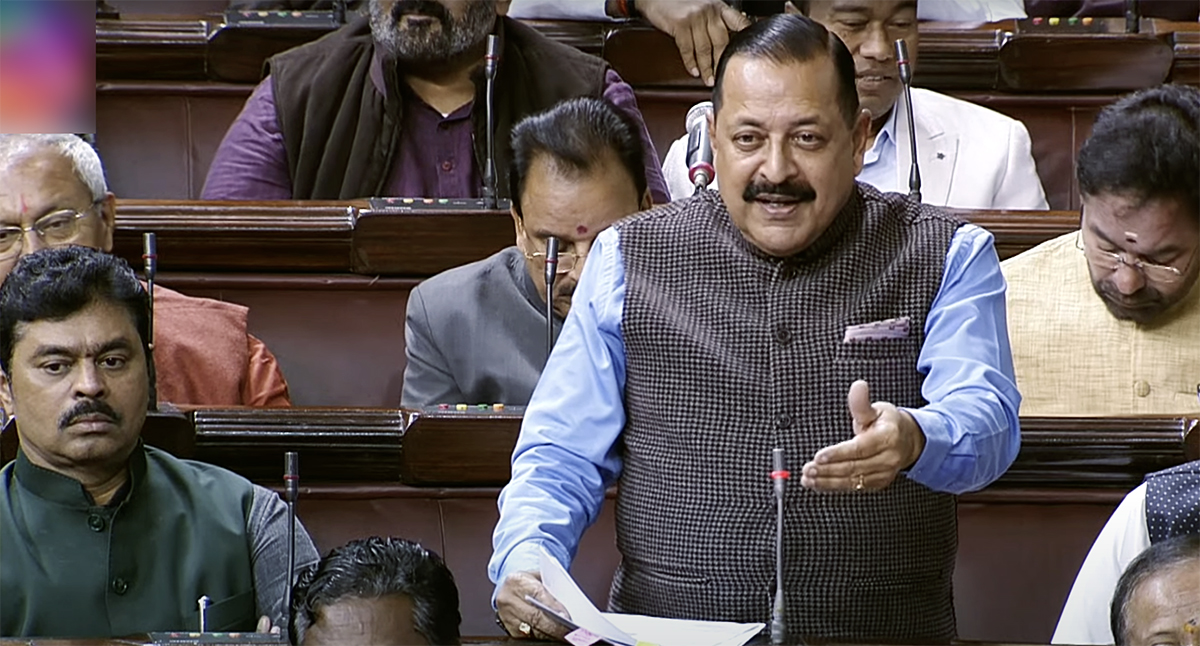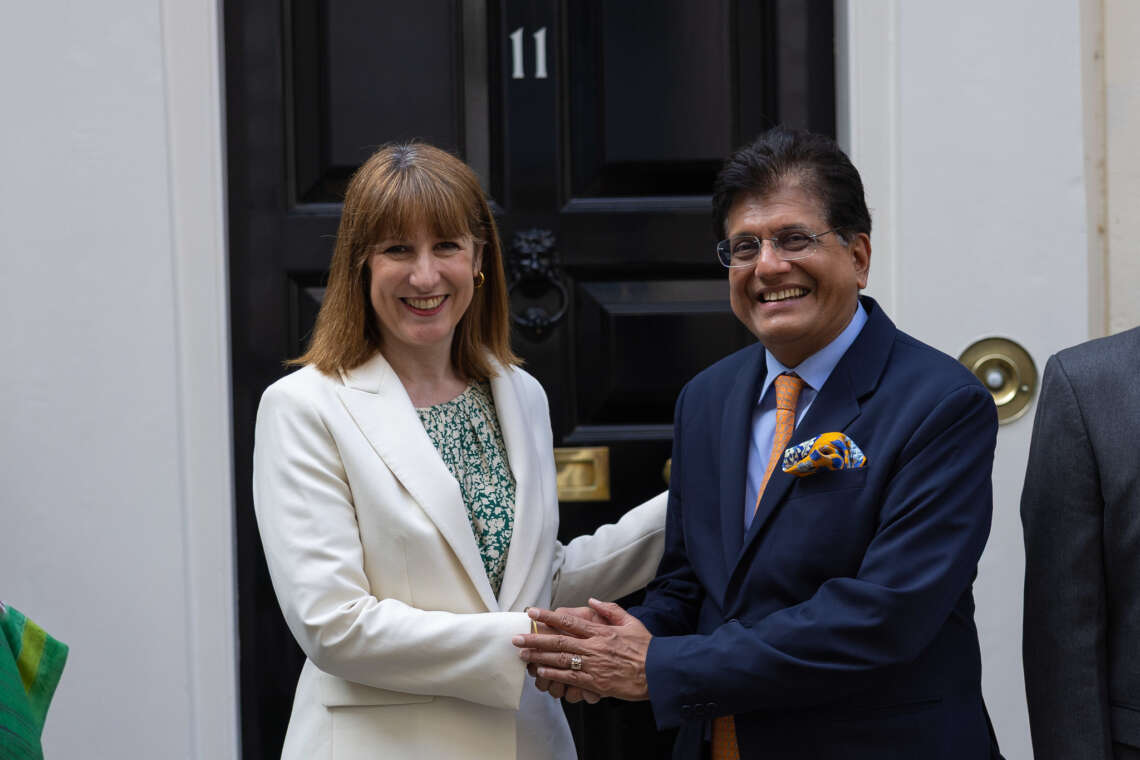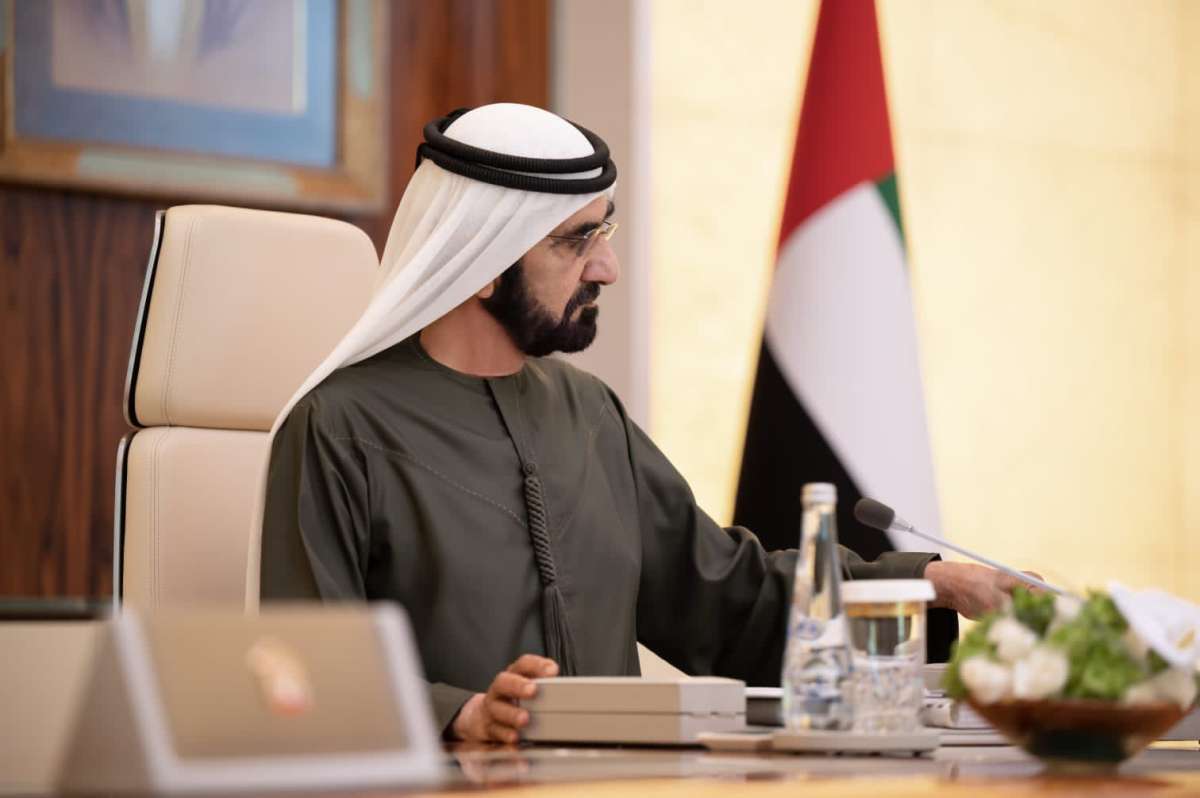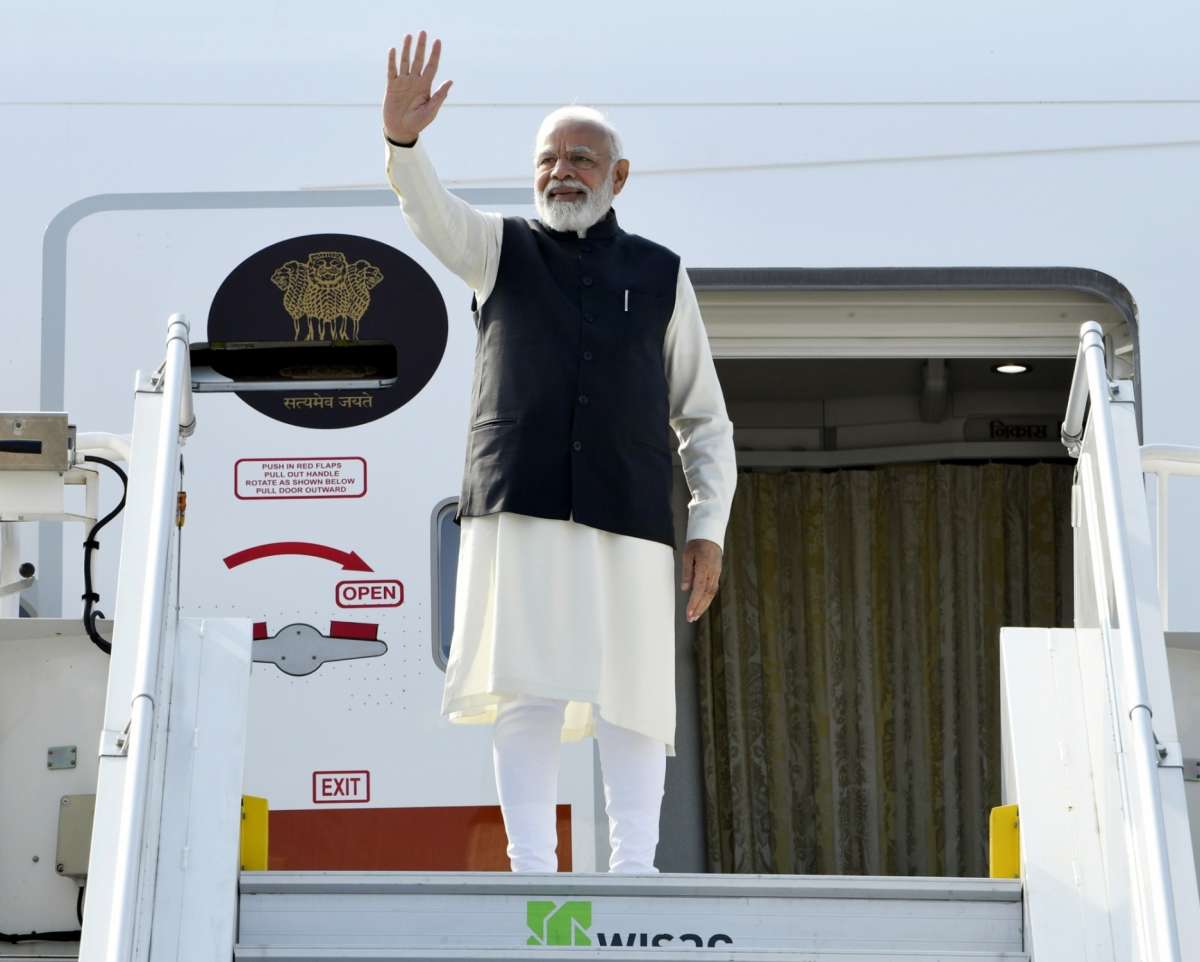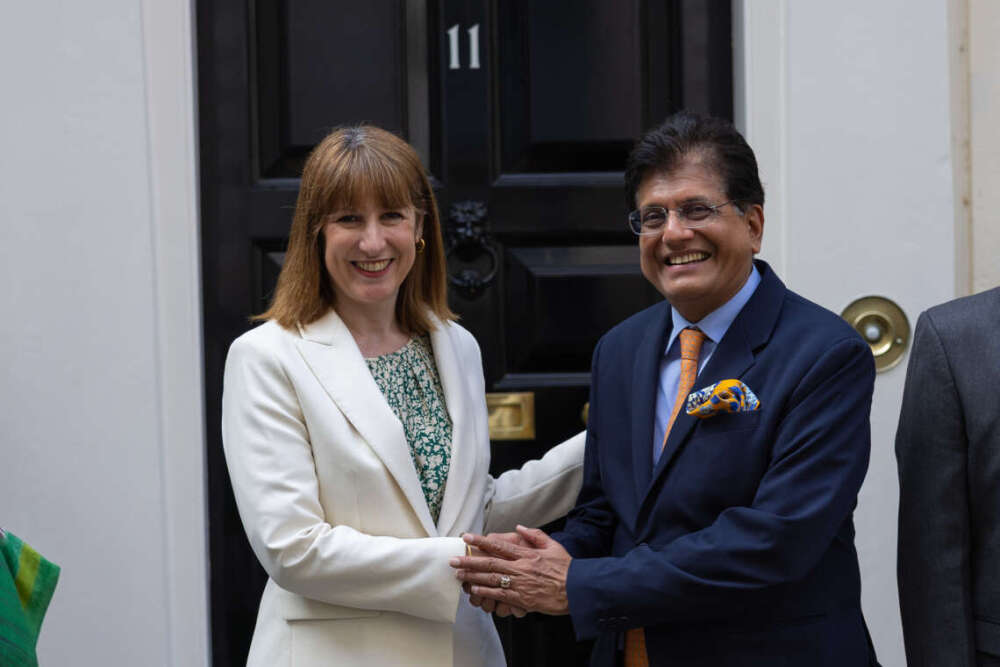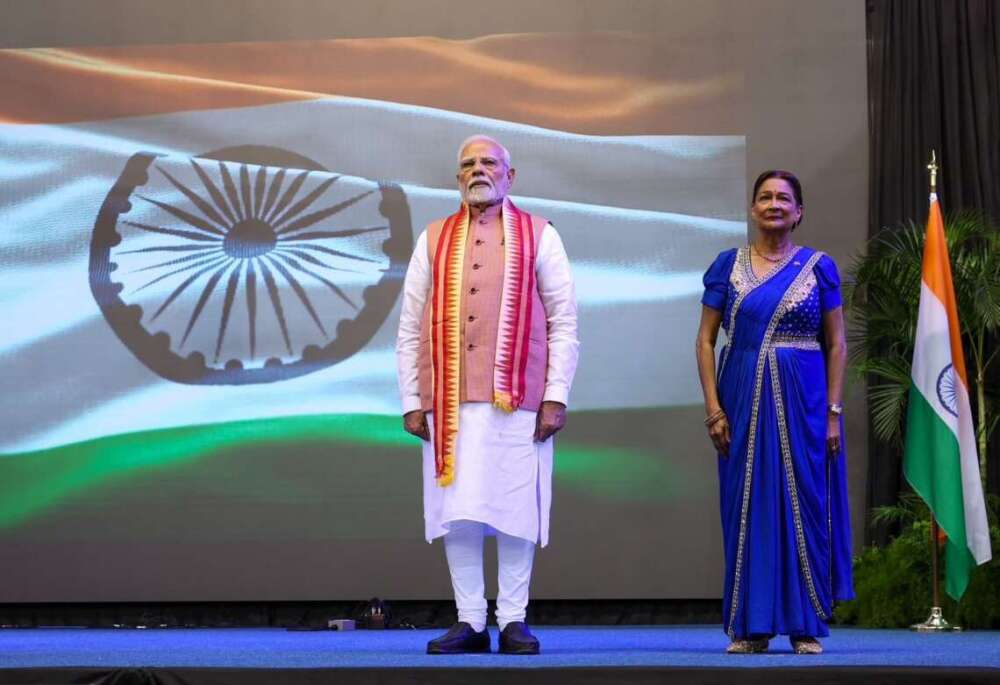Singh earlier said that the government proposed to set up more nuclear power plants for augmenting production of clean energy…reports Asian Lite News
Security arrangements are in place to secure India’s nuclear power plant systems from cyber-attack, said Union Minister of State for Science and Technology Jitendra Singh on Thursday.
In a written reply to a question in the Rajya Sabha, Singh said, these security measures include authorization, authentication & access control mechanisms, strict configuration control and surveillance. The Union Minister said that the nuclear power plant systems are isolated from the internet and are not accessible from the administrative network.
“Several measures have been taken to strengthen Information Security in administrative networks in nuclear power plants like, hardening of internet and administrative intranet connectivity, restriction on removable media, blocking of websites and IPs,” he said.
On the issue of the September 2019 cyber-attack on the Kudankulam Nuclear Power Plant, Singh had said that investigations have been carried out by the Computer & Information Security Advisory Group (CISAG) – DAE along with the national agency, Indian Computer Emergency Response Team (CERT-In).
“The measures implemented based on their recommendations include Physical separation of Intranet & Internet access, Secure virtual browsing terminal for dedicated internet use, secured data transfer provisions requiring authentication are in place, independent security review prior to posting of new web applications and/or change in LAN / Infrastructural architecture, Constitution of a task force for oversight of information security posture, on IT systems in the organisation, etc. and Restricted usage of removable media,” he said.
Singh earlier said that the government proposed to set up more nuclear power plants for augmenting production of clean energy.
In a written reply to a question in the Lok Sabha, the minister, who also handles PMO, Personnel, Public Grievances, Pensions, Atomic Energy and Space portfolio, said in addition to the eleven reactors — with a capacity of 8700 MW — under construction, the government has accorded administrative approval and financial sanction for construction of 10 indigenous 700 MW pressurised heavy water reactors (PHWRs) to be set up in fleet mode. The government has also accorded in-principle approval for five new sites for setting up nuclear power plants in the future, according to a statement from the department of atomic energy.
In the statement, Jitendra Singh said the tariffs of electricity generated by nuclear power are comparable to those of contemporary conventional base load generators like thermal power. The present installed nuclear power capacity comprises of 22 reactors with a total capacity of 6780 MW. In addition, one reactor, KAPP-3 (700 MW) has also been connected to the grid. (ANI)
ALSO READ-Jitendra Singh: ISRO plans to develop space telescope


